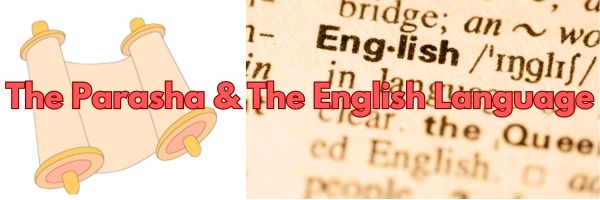In Parashat Re’eh we read about various dietary laws. The Torah forbids us to eat blood and identifies which animals are kosher. The word “kosher” has been adopted into the English language (and many others) and its meaning has broadened over time. Today, it is used metaphorically to describe something that is legitimate or acceptable.
In everyday English, both Jews and non-Jews, might use the term “kosher” to indicate that something is legitimate or acceptable in a general sense, not just in relation to food. For example, “It is kosher for a politician to make a fortune when leaving office, but not while still in office”. In Joe O’Conner’s Desperadoes (1991) we find the sentence: “We go do our stuff, we'll get up there in four, five days, it's all kosher.”
In English cooking recipes, we often see instruction to add “kosher salt” to a dish. This term doesn’t refer to whether the salt has received a hechsher (kosher certification); rather, it is the English term for coarse salt (as opposed to fine table salt) and is called kosher because it is the type of salt used by Jews to soak out blood from meat during the koshering process.
However, not everything someone claims to be “kosher” is necessarily permissible, and most “kosher salt” doesn’t actually have a hechsher. So, you can take such claims with a pinch of salt.


